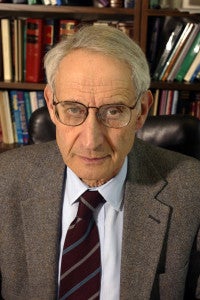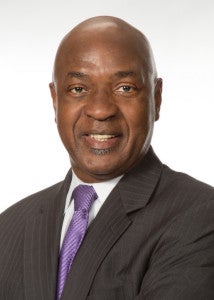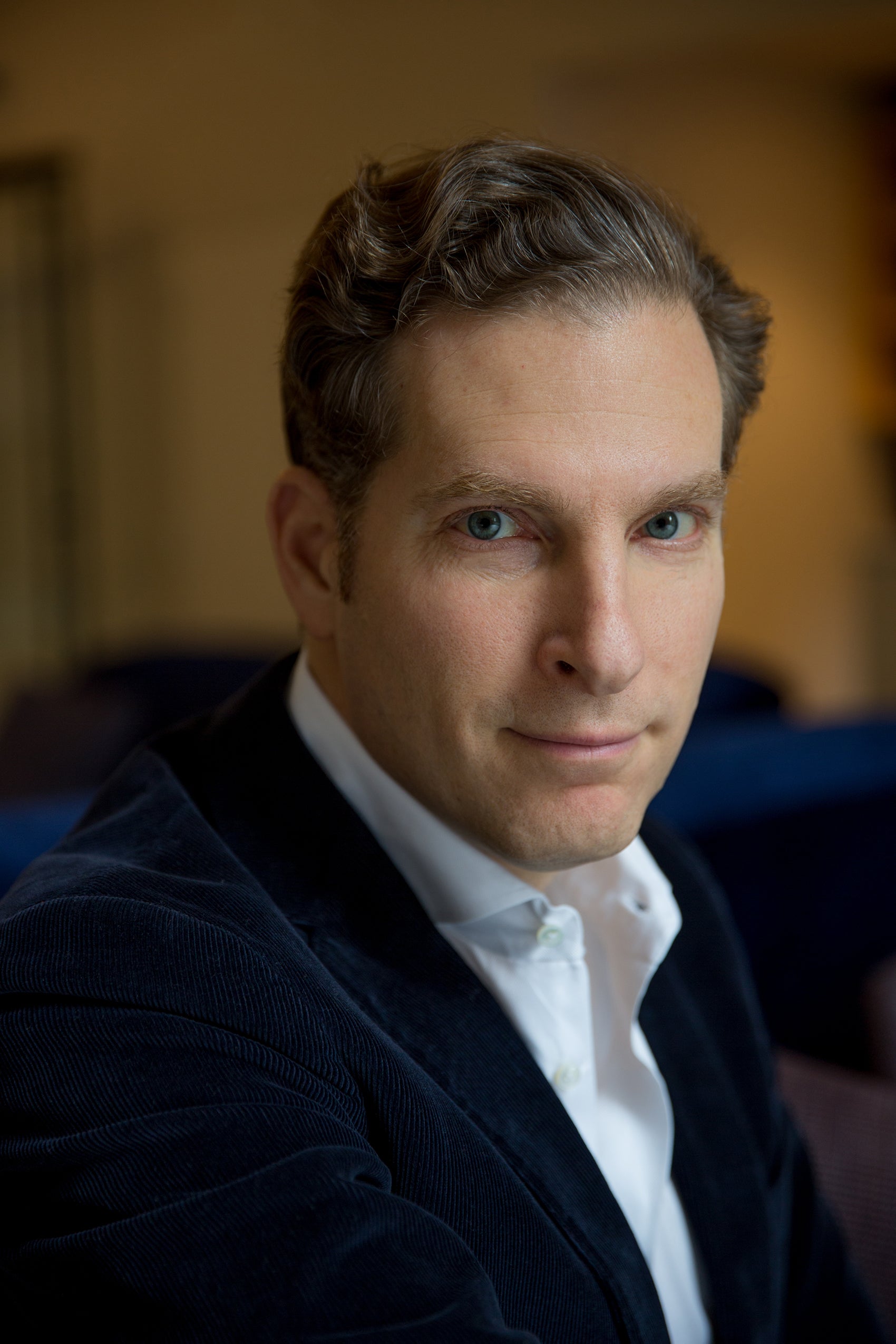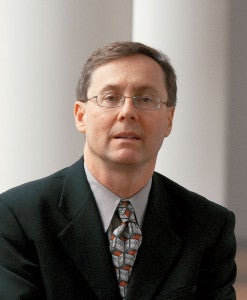Supreme Confusion

Professor Charles Fried
The New York Times, April 26
“[The Supreme Court’s decision in the partial-birth abortion case is] disturbing because Justice Kennedy fails to come to grips with his own jurisprudence, going so far as to say that because Congress was acting under its power to regulate interstate commerce, it needed only a rational basis to justify its decision. Where a fundamental right is involved, such an explanation is evidently wrong. It’s also disturbing because Justice Kennedy was not quite willing to embrace his own conclusion. He suggested that perhaps as applied in a particular case in which there was an increased health risk, the ban might be unconstitutional after all. What can that mean? The very complaint here was that the ban was unconstitutional because it applies in just such situations. Does the court contemplate a surgeon pausing in the midst of an operation in which he determines the banned procedure might be less risky, and seeking a court order?”
The Lessons of Dred Scott

Professor Charles Ogletree Jr. ’78 and Johanna Wald
The Boston Globe, April 5
“[A] careful read of the nation’s history reveals a pattern more accurately described as an ebb and flow than a steady current drifting toward full equality. … Each new restriction that we impose is always rationalized as necessary—for ‘national security,’ for stemming illegal immigration, for punishing criminals, for rooting out ‘voter fraud’ or for preserving parents’ rights to choose their children’s schools. But we must remember that 150 years ago, the Dred Scott decision was widely justified as an effort to settle the divisive slavery question, to fend off the prospect of civil war and to strengthen the powers of the federal government. The questions at the heart of the Dred Scott case—about citizenship, belonging and participation—remain unresolved. As we stand at a crossroads, challenged by threats abroad and within, we, like the Supreme Court in 1857, risk being blinded by our own cultural assumptions. These threaten the admirable gains we have made during the past century and a half.”
Japan’s Uncomfortable History


Assistant Professor Jeannie Suk ’02 and Professor Noah Feldman
The Wall Street Journal, March 13
“Japanese Prime Minister Shinzo Abe has reopened old wounds in Asia with his defense of Japan’s participation in sex slavery during World War II. … Japan needs to confront its own past as it decides the kind of nation it wants to be. … It is also worth keeping in mind that the denial of responsibility is an ongoing harm. Unlike the victims of the Nazi slave labor camps, the comfort women [forced into brothels to be raped by Japanese soldiers] have never received formal reparations. The unofficial compensation scheme set to end this month was no substitute for acknowledgment of responsibility—which is why many survivors refused to accept money from it. Mr. Abe apparently started down the path of denial to gain political support for his faltering premiership—itself a disturbing comment on Japan’s continued unwillingness to come to terms with its crimes as Germany has. Any such support, unfortunately, is gained only at the expense of surviving victims—and of anyone who cares about the truth.”
Inside Jobs

Professor Lucian Bebchuk LL.M. ’80 S.J.D. ’84
The Wall Street Journal, Jan. 6
“Apple Computer announced a week ago the conclusions of a special board committee that examined the ‘improper dating’ of over 6,000 option grants during 1997-2002. The committee found no basis for having less than ‘complete confidence in [CEO] Steve Jobs and the senior management team,’ placing full responsibility for past problems on the company’s former CFO and general counsel. But the company’s report fails to dispel concerns about Apple’s governance. … In particular, Mr. Jobs received in 2002 an award of at-the-money options to buy 7.5 million Apple shares, roughly 2 percent of the total shares then outstanding. The grant was backdated by two months, which significantly increased the award’s value. Surprisingly, Apple did not disclose the backdating of this large CEO grant in October when it announced the committee’s ‘key findings.’”
